

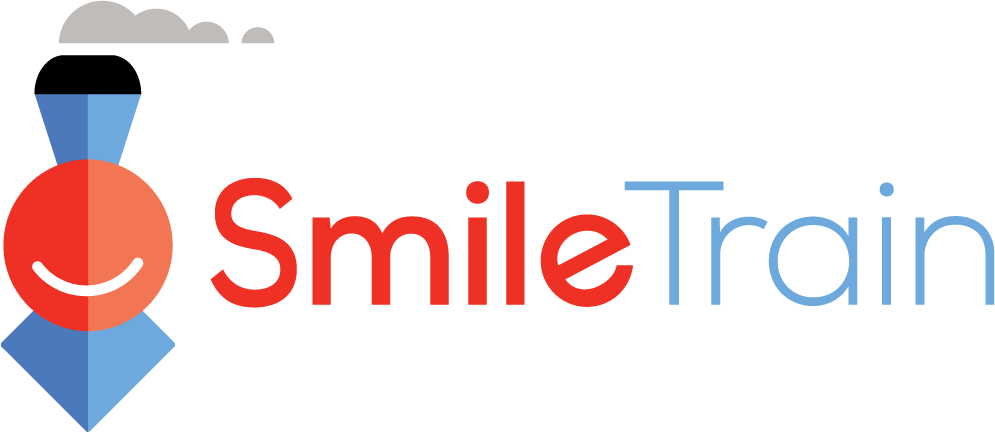
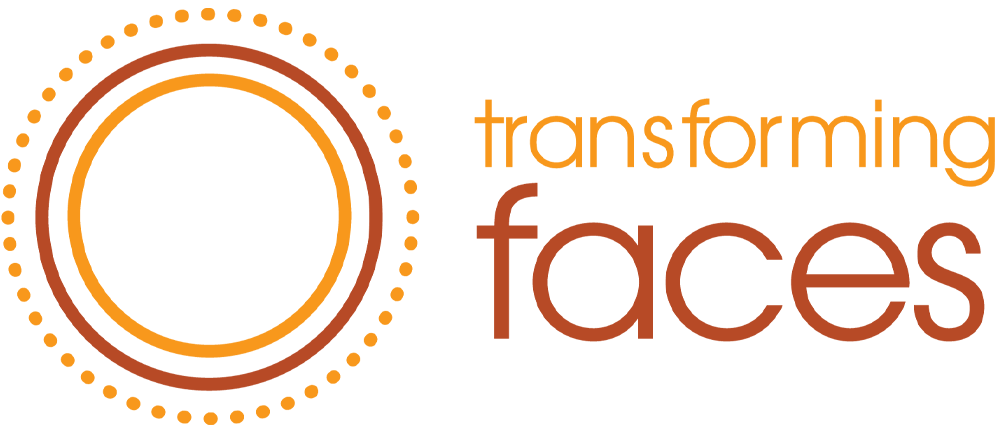
Whether you’re an ally or someone living with a facial or visible difference, you can join the movement. Help fundraise for Face Equality International using the fundraising toolkit.
View Resource Download Resource Watch VideoThis pack can be used to talk about face equality in an art class, an assembly or a wider classroom/school setting. Tools have been designed to be adaptable for any age.
View Resource Download Resource Watch VideoChanging Faces: Media Representation and the Path to Positive Portrayals of Facial Difference – Panel discussion hosted by Film Producer, Dave Liu, at the SXSW festival. Shining a light of facial depictions of facial difference in the media and his film, ‘Every Day After.’
View Resource Download Resource Watch Video“The Power of Lived Experience: Facing Cleft and Craniofacial Care Forward” panel discussion at the American Cleft Palate Craniofacial Association conference.
View Resource Download Resource Watch VideoAt the International Stigma Conference 2023, Face Equality International CEO Phyllida Swift hosted a panel talk about facial disfigurement as a neglected human rights issue.
View Resource Download Resource Watch VideoThis booklet is designed to help educators and school staff better understand what Moebius syndrome is, and how to best help a student with Moebius syndrome have a successful academic year.
View Resource Download Resource Watch VideoStigma Project: A report detailing the findings from interviews with individuals, families, healthcare providers and charity workers and government officials.
View Resource Download Resource Watch VideoStigma Project: A report detailing the findings from interviews with individuals, families, healthcare providers and charity workers.
View Resource Download Resource Watch VideoThe Face Equality Training project was launched in 2022. Its aim is to provide a short training programme for healthcare workers and NGOs setting out the challenges faced by individuals with a visible difference and how these might be addressed. The programme will also feature a train-the-trainer module so those receiving the training can go on to train others. This initiative involves a consortium from 8 countries: Cyprus, Greece, Netherlands, Norway, Romania, Serbia, Spain, and Sweden.
View Resource Download Resource Watch VideoThis note summarises some questions which people in England and Wales may have when planning a return to work after a burn injury.
View Resource Download Resource Watch VideoThis paper is written from both legal and personal experience, and provides a comprehensive review and critique of discrimination legislation in the UK and how this applies to visible difference.
View Resource Download Resource Watch VideoIt is clear that people with marks, scars and conditions affecting appearance are absent from the conversation on diversity, equity and inclusion both on screen and stage, and throughout the creative process. This is an often-excluded community, made up of talented professionals whose skills and expertise are being overlooked in place of actors without real lived experience of scars and other visible differences.
View Resource Download Resource Watch VideoThis model of good practice for employers has been written by Researchers at Queen Mary University of London to help make inclusive workplace environments in Britain for people with a visible difference. It is designed to give practical guidance only which can be adapted within different contexts.
View Resource Download Resource Watch VideoThis booklet is designed to help healthcare providers get a brief overview of Moebius Syndrome and guidance on the types of specialist care a patient may require.
View Resource Download Resource Watch VideoAs Part of the Convention on the Rights of Persons with Disabilities, FEI hosted a United Nations side panel. Hear from experts on why disfigurement is often overlooked by disability laws and spaces, and help us to ensure that countries signed up to the CRPD are effectively protecting and serving the FD community.
View Resource Download Resource Watch VideoThis is a list of books that have diverse characters and stories and talk about differences. This list is not exhaustive, nor are all the books on this list perfect. This is just a starting point to seeking a diverse range of characters.
View Resource Download Resource Watch VideoPrendre des mesures d’adaptation est une obligation légale au Canada. Les patrons et les fournisseurs de services se doivent de modifier leurs politiques et leurs pratiques afin de permettre la pleine participation de tous et de promouvoir l’inclusion.
View Resource Download Resource Watch VideoThe duty to accommodate is a legal obligation in Canada. Employers and service providers have an obligation to adjust policies and practices to enable full participation and promote inclusion.
View Resource Download Resource Watch VideoDe par notre collaboration avec la communauté canadienne des personnes qui ont des différences faciales, les priorités majeures d’AboutFace se révèlent être la défense des droits au travail et la sensibilisation du monde professionnel.
View Resource Download Resource Watch VideoAdvocacy and awareness-building in your workplace to support members of the facial difference community can take in many forms.
View Resource Download Resource Watch VideoIl est essentiel de reconnaître les besoins de la communauté, qu’ils soient uniques ou intersectionnels, afin de créer un espace de travail sécuritaire et inclusif où les personnes se sentent valorisées, respectées et soutenues au même titre que toute autre.
View Resource Download Resource Watch VideoRecognizing the unique and intersectional needs of the community is critical to building safe, inclusive workspaces where individuals feel valued, respected and equally supported.
View Resource Download Resource Watch VideoUn guide pour les dentistes et autres professionnels de la santé buccale qui prennent soin de personnes ayant des différences faciales.
View Resource Download Resource Watch VideoA resource for dentists and other oral healthcare professionals who work with the facial difference community.
View Resource Download Resource Watch VideoAboutFace a créé ce document en collaboration avec des individus de tout âges faisant partie de la communauté des personnes qui ont une différence faciale. Il se penche sur le vocabulaire et sur les différents modes de communication et s’adresse tout particulièrement aux praticiens qui travaillent avec des membres
de cette communauté, qu’ils soient médecins, dentistes, travailleurs sociaux, éducateurs ou autres.
AboutFace has consulted with facial difference community members of all ages to create this resource, focused on language usage and communications, for practitioners working with facial difference community members. This may include healthcare and dental practitioners, social workers and social service workers, educators, and more.
View Resource Download Resource Watch VideoWritten for the AboutFace York blog series, this article discusses artificial Intelligence and ethical considerations around the effect of AI technologies on the facial difference community.
View Resource Download Resource Watch VideoThis guide addresses some common questions about facial difference and equality in the workplace. Researchers at Queen Mary University London share information about current laws and protection in England and Wales, and how they may be applied in a working environment.
View Resource Download Resource Watch VideoHave you thought about sharing your story in the public eye? Dr Gray shares how she (and you) can best share your story with grace and dignity.
View Resource Download Resource Watch VideoFace Equality International came together with Reed Smith and Bank of America to launch a series of legal factsheets to help people with facial differences to understand how they may be protected by the UK Equality Act, The Americans with Disabilities Act, the EU Charter of Fundamental Rights, and the UN Convention on the Rights of Persons with Disabilities.
View Resource Download Resource Watch VideoInterpreting Disability Legislation to assist people with Facial Disfigurements. Report from Reed Smith and Bank of America.
View Resource Download Resource Watch VideoThe Americans with Disabilities Act of 1990 ‘’the ADA’’ offers a range of protections to employees and citizens with facial disfigurements.
View Resource Download Resource Watch VideoThe scope of protection against discriminatory treatment is similar under the Charter of Fundamental Rights of the European Union ‘’the EU Charter’’ and the European Convention on Human Rights ‘’the ECHR’’. Both are legally binding and must be respected by Member States that have signed and ratified them.
View Resource Download Resource Watch VideoProvided that a State Party (i.e. a country that is part of the United Nations) has ratified the Optional Protocol to the ‘’UN Convention on the Rights of Persons with Disabilities’’ or “UNCRPD”, an individual/face equality activist can make a complaint to the UN Committee on the Rights of Persons with Disabilities (the “Committee”). The UNCRPD is therefore, in theory, the instrument which provides greater scope to enforce the rights of persons with facial disfigurements.
View Resource Download Resource Watch VideoThe UK Equality Act 2010 ‘’the UK Equality Act’’ offers more direct protection than human rights legislation. Provided that an individual meets the definition of disability under the UK Equality Act, they will benefit from protections afforded by the UK Equality Act against direct and indirect discrimination or harassment in a broad range of scenarios.
View Resource Download Resource Watch VideoWhat to consider when the media asks you for your story (about life with ichthyosis or facial differences or disabilities). By Carly Finday, Face Equality International Ambassador.
View Resource Download Resource Watch VideoChanging Faces, in collaboration with University College London and the Institute of Education, has developed quality assured school resources. The A World of Difference resources support teachers to help students recognise and challenge stereotypes – creating a school environment where looking different is celebrated and every student is included.
There are resources for primary and secondary schools which include a teacher guide, slides and video. The Teacher Training resources are for trainee and qualified teachers and help education professionals understand their own biases and how best to create inclusive and supportive classrooms.
View Resource Download Resource Watch VideoIn collaboration with the facial difference community, teachers, and social workers, AboutFace has created a unique school program.
“A Lesson from Frankie and Pearl” is a lesson plan based on an animation called Frankie and Pearl that tells the story of a girl with a birthmark, navigating her first day at a new school. There are three lesson plans that support health curriculums: Kindergarten-Grade 1, Grade 1-3, and Grade 4-6.
View Resource Download Resource Watch VideoUna guía libre de vergüenza para padres, cuidadores y cualquier persona que quiera entender la igualdad facial
View Resource Download Resource Watch VideoDr James Partridge OBE founded both Changing Faces UK and Face Equality International. He was the pioneer behind the face equality movement, a burns survivor, social entrepreneur, and author.
View Resource Download Resource Watch VideoJames Partridge, Founder of FEI spoke at the ILO Global Business and Disability Network (GBDN) – “Making the Future of Work inclusive of persons with disabilities”
View Resource Download Resource Watch VideoA series of recorded sessions from the Smile Train 2020 Cleft Conference. Featuring speakers on becoming ‘cleft proud’, social and emotional development, helping children to address teasing and bullying, and expert panels on cleft care.
View Resource Download Resource Watch VideoWe all look different. We are all different shapes, sizes, colours, and some people have differences that might seem unusual. Everybody’s Different: The Appearance Game aims to help children to understand that differences in appearance are normal and there’s more to who we are than just how we look.
View Resource Download Resource Watch VideoThe support guide was developed after a study exploring teachers experiences of promoting appearance diversity in primary schools. This research found primary school teachers are concerned about discussing the topic and saying the wrong thing. Further, teachers highlighted a lack of support on this topic and therefore this guide aimed to provide support regarding appearance diversity more broadly – in a brief and freely accessible way.
View Resource Download Resource Watch VideoThe #ChooseKind Initiative aims to develop kindness education and prevent bullying, intolerance, and isolation that so many children face at school each day. With escalating problems of bullying, violence, isolation, loneliness, and intolerance in schools, this message has never been more relevant.
View Resource Download Resource Watch VideoTemplates to support lessons based off of children’s books.
View Resource Download Resource Watch VideoSunshine Welfare Foundation
2017 Face Equality video (Chinese with English subtitles)
Sunshine Welfare Foundation
2018 Face Equality video (Chinese with English subtitles)
Sunshine Welfare Foundation
2016 Face Equality video (Chinese with English subtitles)
Sunshine Welfare Foundation
Face Equality video (Chinese, turn on Youtube English subtitles)
Sunshine Welfare Foundation
Chi-Chi’s recommendations to other children (Chinese with English subtitles)
Westminster University
This article draws on studies that explore forms of contemporary journalism which focus on the role played by the expression of emotions and feelings. We present results from a qualitative study which examined how British tabloid newspapers covered acid attacks on women between 2010-2016.
Bringing together scholars from around the world to research the intersection between media and disability, this edited collection aims to offer an interdisciplinary exploration and critique of print, broadcast and online representations of physical and mental impairments.
View Resource Download Resource Watch VideoBy using discourse analysis, this paper compares and contrasts the journalistic coverage of the story of a beauty blogger with facial disfigurement with her blog. On the one hand, we will show the extent to which a self-representational account may align with the journalistic coverage, reinforcing rather than contesting mainstream representations of disability.
View Resource Download Resource Watch VideoMy name is Adam Pearson, I am a TV Presenter, Actor and Campaigner (and Celebrity Mastermind Champion). I, like over 1 million people in the UK, have a facial disfigurement / visible difference. Mine is caused by a genetic condition called Type 1 Neurofibromatosis (NF1). This condition is characterised by the growth on non-cancerous tumours, called Fibromas, on nerve endings.
View Resource Download Resource Watch VideoA Face Equality Week blog on the subject of living with an unusual appearance, written by Nichola Rumsey. Nichola is Emerita Professor of Appearance Psychology, University of the West of England, where she founded the Centre for Appearance Research in 1992 and was its Co-Director until 2018.
View Resource Download Resource Watch VideoDr Lise Deguire – “Please remember this the next time you see a movie featuring a burned psychopath as the villain. We look different on the outside, but we may be the nicest, bravest people you know. “
View Resource Download Resource Watch VideoYou’re listening to Caring for Cleft, an audio series that tells stories of comprehensive cleft care around the world. Caring for Cleft is brought to you by the team at Transforming Faces.
View Resource Download Resource Watch VideoSupporting media organisations and professionals to show respect and care for representing people with facial differences
View Resource Download Resource Watch VideoA shame-free guide for parents, carers and anyone wanting to understand more about face equality
What to do when you meet someone with a facial difference and how to talk about facial difference at home
Moebius Syndrome Foundation
Step by step guide on events, working with media and raising awareness in your community and beyond
Birmingham University, UK – Everyday Lookism Project
For teachers
A preparation project to help pupils (Y11 – Y13) who intend to go on to university to adapt to research work
Ages 15-18
Birmingham University, UK – Everyday Lookism Project
For pupils
A preparation project to help pupils (Y11 – Y13) who intend to go on to university to adapt to research work
Ages 15-18
Smile Foundation, South Africa
Lesson Plan – Clefts, smiles and promoting acceptance
Ages 9-13
Smile Foundation, South Africa
Lesson Plan – Clefts, smiles and promoting acceptance
Ages 3-7
University of Westminster, UK
The harms of misrepresentation
Westminster University, UK
The harms caused by misrepresentation
Children’s Craniofacial Association
View Resource Download Resource Watch VideoChildren’s Craniofacial Association
View Resource Download Resource Watch VideoChildren’s Craniofacial Association
View Resource Download Resource Watch VideoDieser Leitfaden dient dazu, die Reintegration von Schülern mit einer Brandverletzung nach einem Spitalaufenthalt möglichst erfolgreich zu gestalten. Dabei sind Sie als Klassenlehrperson, Fachlehrperson, Schulleiter oder Schulischer Heilpädagoge (SHP) eine der wichtigsten Personen, die mit dem Schüler nach
dem Spitalaufenthalt regelmässig in Kontakt stehen. Neben den wichtigsten Informationen zu Brandverletzungen werden praktische Handlungsmöglichkeiten, nützliche Kontaktadressen sowie Literaturangaben aufgeführt.
Westminster University, UK
Portraying Facial Disfigurement Fairly in the News
AboutFace developed this guide to creat a comfortable and supportive environment in your classroom for any student with a facial difference.
View Resource Download Resource Watch Video


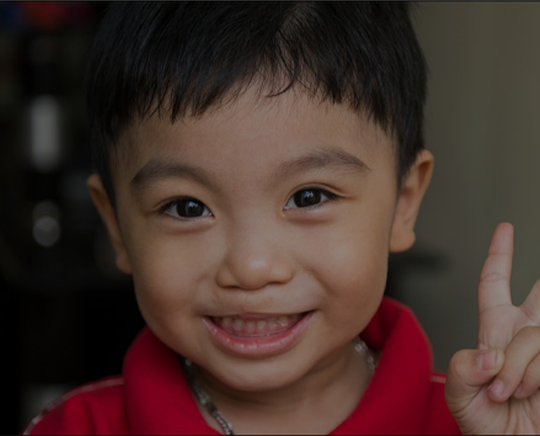
Donate to FEI
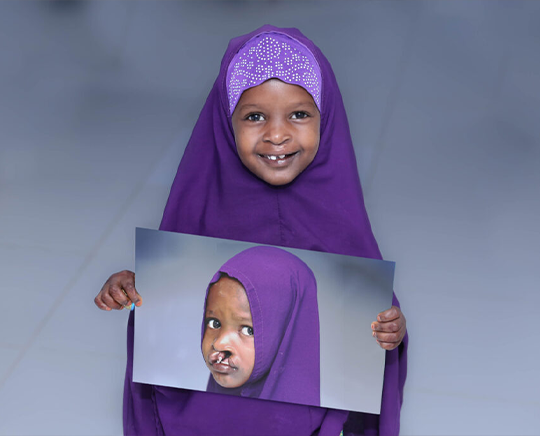
Resource Hub
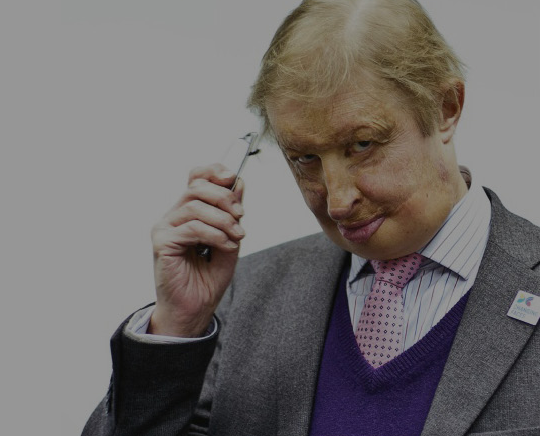
Join Us